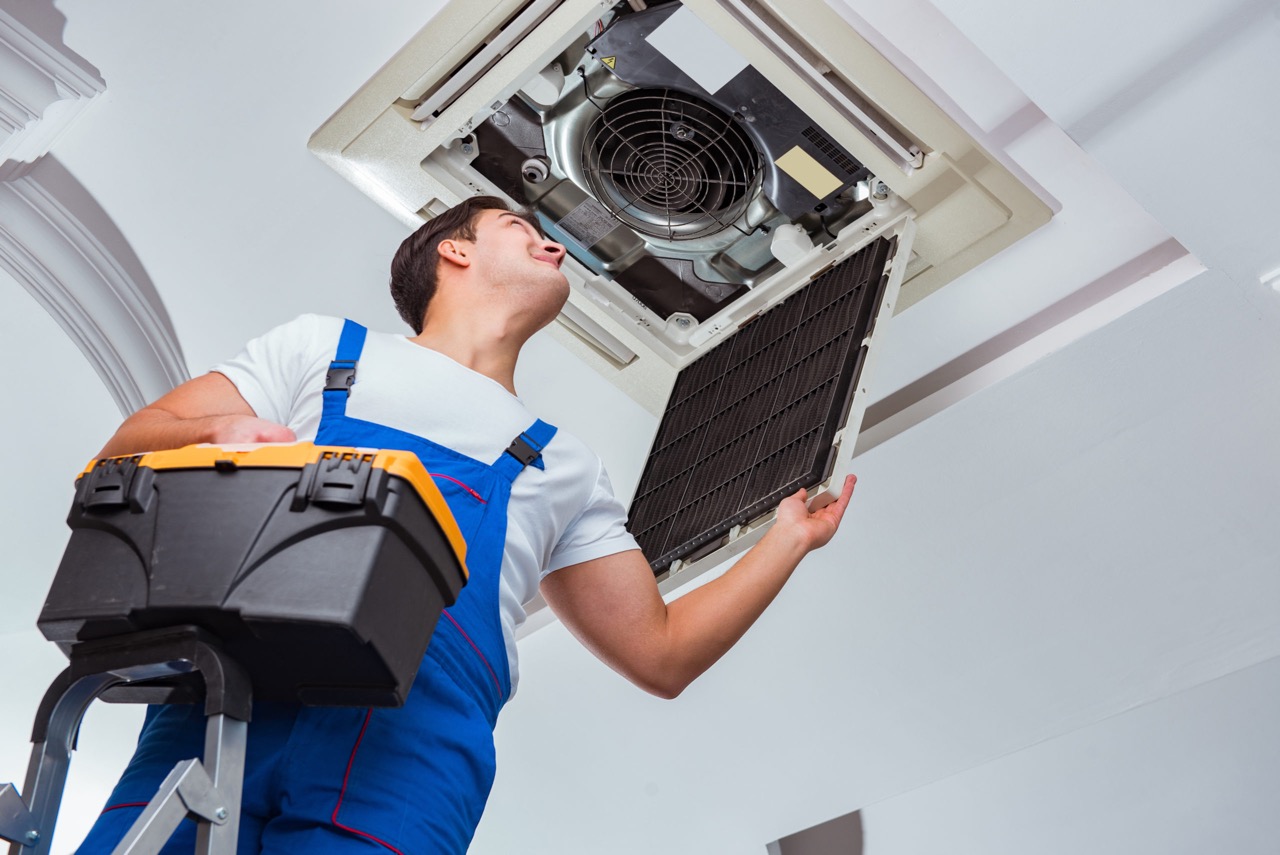

Articles
How Much Does An HVAC Inspection Cost
Modified: January 8, 2024
Find out the average cost of an HVAC inspection in this comprehensive article. Learn about pricing factors and get tips to save money.
(Many of the links in this article redirect to a specific reviewed product. Your purchase of these products through affiliate links helps to generate commission for Storables.com, at no extra cost. Learn more)
Introduction
When it comes to maintaining the comfort and efficiency of your home, your HVAC system plays a vital role. However, like any other mechanical equipment, it requires regular inspections to ensure it’s functioning correctly and to detect any potential issues before they become costly problems.
An HVAC inspection involves a thorough assessment of your heating, ventilation, and air conditioning system, conducted by a qualified professional. During the inspection, the technician will evaluate various components of your system, including the furnace, air conditioner, ductwork, thermostat, and filters, among others.
The purpose of an HVAC inspection is to uncover any existing or potential problems and provide recommendations for maintenance or repairs. This not only helps in maintaining the efficiency of your system, but it also contributes to improving indoor air quality and extending the lifespan of your HVAC equipment.
However, one of the major considerations for homeowners when it comes to HVAC inspections is the cost. The cost of an HVAC inspection can vary depending on several factors. Understanding these factors will help you determine a reasonable budget and make an informed decision.
In this article, we’ll discuss the factors that can affect the costs of HVAC inspections, provide an average range of inspection service fees, review additional costs that you may need to consider, explore the pros and cons of DIY inspections versus hiring professional services, and offer some tips on choosing a reliable HVAC inspector.
So, if you’re wondering how much an HVAC inspection might cost you, and what factors to consider when selecting an inspector, read on to find out more.
Key Takeaways:
- Regular HVAC inspections, costing between $100 and $300, are a worthwhile investment to maintain system efficiency and prevent costly repairs or replacements in the future.
- While DIY HVAC inspections offer cost savings, professional services provide expert knowledge, thorough assessments, and peace of mind, ensuring a comprehensive inspection of your HVAC system.
Read more: How Much Does Sunroof Repair Cost
Factors Affecting HVAC Inspection Costs
The cost of an HVAC inspection can vary based on a variety of factors. Understanding these factors will give you a better idea of why the prices might fluctuate and help you make an informed decision when budgeting for this service.
1. Size and Complexity of the System: The size and complexity of your HVAC system can significantly impact the inspection cost. Larger systems or those with multiple zones may require more time and resources for a thorough inspection, resulting in higher fees.
2. Accessibility: The accessibility of your HVAC system can also influence the inspection cost. If the technician needs to navigate through tight spaces, crawlspaces, or attics to reach the equipment, it may require additional effort and time, leading to higher fees.
3. Age and Condition of the System: Older HVAC systems or those that have not been properly maintained may require more detailed inspections. The technician may need to spend additional time checking for potential issues or wear and tear, which can impact the overall cost.
4. Geographic Location: The cost of HVAC inspections can vary depending on your geographic location. Factors such as local labor rates and the cost of living in your area can affect the prices charged by HVAC professionals. Urban areas and regions with higher demand may have higher inspection costs compared to rural areas.
5. Additional Services Included: Some HVAC inspection services may include additional services as part of their package. This could include cleaning or replacing air filters, lubricating moving parts, or conducting a carbon monoxide test. The inclusion of these services can impact the overall cost of the inspection.
6. Reputation and Experience of the HVAC Inspector: Experienced and reputable HVAC inspectors may charge higher fees due to their expertise and track record. While it may be tempting to opt for cheaper alternatives, investing in a qualified professional can ensure a thorough and accurate inspection of your HVAC system.
It’s important to keep in mind that while costs may vary based on these factors, the overall goal of an HVAC inspection is to maintain the efficiency and longevity of your system. Consider these factors in conjunction with the reputation and qualifications of the HVAC inspector to ensure you receive the best value for your money.
Average Cost of HVAC Inspection Services
The cost of HVAC inspection services can vary depending on several factors, as mentioned earlier. However, it is still helpful to have an idea of the average range of inspection fees. Keep in mind that these numbers are approximate and can vary based on your location and the specific services included.
On average, homeowners can expect to pay between $100 and $300 for a professional HVAC inspection. This cost typically includes a thorough examination of the system, a report on the findings, and recommendations for any necessary repairs or maintenance.
For smaller homes or basic inspection services, the cost may be on the lower end of the range, closer to $100. However, larger homes with more complex HVAC systems may fall towards the higher end, closer to $300.
It’s important to note that an HVAC inspection should be seen as an investment in the long-term health of your system. Regular inspections can help identify potential issues early on, saving you from costly repairs or replacements down the line. Therefore, it’s often worth paying a reasonable fee for a comprehensive inspection.
While it may be tempting to opt for extremely low-cost inspection services, it’s essential to ensure that you’re not compromising on the quality of the inspection. Hiring a reputable and experienced HVAC inspector can provide peace of mind and help you avoid potential problems that could arise from a subpar inspection.
Remember, the cost of an inspection is far less than the cost of major repairs or a full HVAC system replacement. By investing in regular inspections, you can potentially save yourself significant expenses in the future.
Additionally, some HVAC companies offer maintenance plans or service agreements that include annual inspections as part of a package. These plans often provide discounts on inspections and other services, making them a cost-effective option for homeowners looking to ensure regular maintenance and inspections for their HVAC systems.
Ultimately, the average cost of HVAC inspection services should be seen as an investment in the proper functioning and longevity of your system. By prioritizing regular inspections, you can take proactive measures to avoid major issues, improve energy efficiency, and maximize the lifespan of your HVAC equipment.
Additional Costs to Consider
While the cost of the HVAC inspection itself is a significant factor to consider, there may be additional costs associated with the inspection process. Being aware of these potential expenses will help you budget accordingly and avoid any surprises.
1. Repairs and Maintenance: During the inspection, the HVAC technician may identify issues or areas that require repairs or maintenance. These could include replacing worn-out parts, cleaning ductwork, or addressing any safety concerns. Depending on the severity of these issues, you may need to allocate additional funds to cover the cost of repairs or follow-up services.
2. Replacements: In some cases, the HVAC inspection may reveal the need for a full or partial system replacement. If your HVAC equipment is old or has extensive damage, the technician may recommend upgrading to a more efficient model. Replacements can be a significant additional cost, so it’s important to be prepared for this possibility.
3. Service Charges: Some HVAC companies may charge service or diagnostic fees in addition to the inspection cost. These fees usually cover the technician’s time and expertise in diagnosing any issues with your system. It’s essential to inquire about these charges upfront to avoid any surprises on your invoice.
4. Additional Testing: Depending on your location and specific circumstances, you may need additional testing or assessments as part of the HVAC inspection process. For example, if you live in an area prone to high levels of humidity or have concerns about indoor air quality, you may want to schedule mold or air quality testing. These additional tests will come with their own costs.
5. Regular Maintenance: While not necessarily a cost associated with the inspection itself, regular maintenance is essential for keeping your HVAC system running smoothly. This can involve tasks such as changing filters, cleaning vents, and lubricating moving parts. While these costs are recurring, they are necessary for the ongoing maintenance and optimal performance of your HVAC system.
It’s important to discuss any potential additional costs with the HVAC inspector or company before scheduling the inspection. A reputable professional will provide transparent pricing information and be able to give you an estimate of any potential repairs or replacements that may be needed. This will help you plan your budget accordingly and avoid any financial surprises.
When considering the cost of an HVAC inspection, it’s important to factor in the expertise and thoroughness of the technician, as well as any additional services included in the inspection. It’s also a good idea to compare quotes from multiple reputable companies to ensure you’re getting a fair price.
DIY HVAC Inspection vs Professional Services
When it comes to HVAC inspections, homeowners often have the option to perform a DIY inspection or hire professional services. Both approaches have their own advantages and considerations, and it’s important to weigh them before making a decision.
DIY HVAC Inspection:
Performing a DIY HVAC inspection can be a cost-effective option for homeowners who are confident in their abilities and have some knowledge of HVAC systems. Here are some factors to consider:
- Cost savings: Doing the inspection yourself can save you money on professional service fees.
- Flexibility: You can conduct the inspection at your convenience and take as much time as needed.
- Basic maintenance: DIY inspections can include tasks like changing air filters and cleaning vents, which can help improve efficiency and indoor air quality.
However, there are limitations to DIY inspections:
- Lack of expertise: Professional HVAC technicians have in-depth knowledge and experience in diagnosing potential issues and identifying hidden problems that may not be apparent to homeowners.
- Safety concerns: HVAC systems can be complex and potentially dangerous if mishandled. Professionals are trained to handle these systems safely and can ensure that all safety measures are followed during the inspection.
- Incomplete assessment: Without specialized tools and equipment, DIY inspections may not uncover underlying issues or identify upcoming problems that could lead to costly repairs in the future.
Professional HVAC Services:
Hiring professional HVAC services offers several benefits:
- Expertise and knowledge: Professional technicians have the training and experience to conduct comprehensive inspections, quickly identify problems, and provide accurate recommendations.
- Thorough assessment: Professionals have access to specialized tools and equipment, allowing them to perform comprehensive inspections that go beyond what a DIY inspection can achieve.
- Peace of mind: By hiring professionals, you can be confident that your HVAC system is thoroughly inspected and that any potential issues are identified and resolved promptly.
However, there are a few considerations when hiring professional services:
- Cost: Professional HVAC inspections come with a cost that should be factored into your budget. However, the investment can pay off by saving you money on potential future repairs or by maximizing the lifespan of your system.
- Scheduling: You may need to schedule an appointment and work around the availability of the HVAC company, which may require some flexibility on your end.
- Choosing the right professional: It is essential to select a reputable and qualified HVAC company to ensure you get accurate and reliable inspection services.
In summary, while DIY HVAC inspections can save money and offer flexibility, they may lack the expertise and specialized tools required for a thorough assessment. Hiring professional services may involve a cost, but it provides peace of mind, expert insights, and a comprehensive inspection.
Ultimately, the decision between DIY or professional HVAC inspections depends on your comfort level, knowledge, and specific needs. It’s important to weigh the benefits and considerations and choose the approach that aligns with your skills and circumstances.
Read more: How Much Does Zipper Repair Cost
Tips for Choosing a Reliable HVAC Inspector
Choosing a reliable HVAC inspector is crucial to ensure that your HVAC system receives a thorough and accurate assessment. Here are some tips to help you select a reputable and qualified professional:
- Research and ask for recommendations: Start by researching local HVAC inspection companies and reading customer reviews. Ask friends, family, or neighbors for recommendations based on their personal experiences. This will help you narrow down your options to reputable and trusted professionals.
- Check for proper certifications and licenses: Verify that the HVAC inspector holds the necessary certifications and licenses required by your state or local regulations. This ensures that they have undergone the appropriate training and have the knowledge and skills to perform inspections.
- Experience and expertise: Inquire about the inspector’s experience in the HVAC industry. Find out how long they have been conducting inspections and dealing with various types of HVAC systems. An experienced inspector is more likely to have encountered a wide range of issues and can provide valuable insights.
- Ask about the inspection process: Request information about the steps involved in their inspection process. A reliable inspector will have a systematic approach, covering all essential components of your HVAC system. Additionally, they should be able to explain what they will be looking for and what tests they might conduct during the inspection.
- Get a written report: Inquire about obtaining a detailed written report after the inspection. This report should outline the findings, highlight any concerns or recommendations, and provide estimates for any required repairs or maintenance. A clear and comprehensive report ensures that you have a record of the inspection and can refer back to it as needed.
- Request references: Don’t hesitate to ask the HVAC inspector for references from previous clients. Contact these references to inquire about their experience with the inspector and the quality of their inspection services. Positive feedback from past customers is a good indicator of the inspector’s reliability.
- Compare pricing: While cost shouldn’t be the sole determining factor, it’s important to compare prices among different HVAC inspectors. The goal is to find a balance between competitive pricing and the quality of their services. Be wary of extremely low-cost providers, as they may cut corners or lack experience and expertise.
- Consider insurance coverage: Inquire about the HVAC inspector’s insurance coverage. They should have liability insurance to protect you and your property in case of any damages or accidents that occur during the inspection.
- Ask about ongoing support and follow-up: Inquire about any additional support or follow-up services they offer after the inspection. This could include answering any questions or concerns you may have or providing ongoing maintenance plans to keep your HVAC system in optimal condition.
By following these tips and conducting thorough research, you can find a reliable HVAC inspector who will provide a comprehensive and accurate assessment of your system. Remember, investing in a quality inspection will help you identify any issues early on, extend the lifespan of your HVAC equipment, and ensure the efficiency and comfort of your home.
Conclusion
An HVAC inspection is a vital step in maintaining the efficiency, performance, and longevity of your heating, ventilation, and air conditioning system. While the cost of an inspection may vary based on several factors, it is a worthwhile investment in the long-term health of your HVAC equipment and the comfort of your home.
Factors such as the size and complexity of your system, accessibility, age and condition, geographic location, additional services, and the reputation of the HVAC inspector can influence the cost of an inspection. It’s essential to consider these factors while making budgetary decisions and selecting a reputable professional to conduct the inspection.
The average cost of HVAC inspection services typically ranges from $100 to $300. While this may seem like an expense, it is minimal compared to the potential costs of major repairs or system replacements that can arise from neglecting regular inspections.
It’s important to be aware of additional costs that may be associated with the inspection process, such as repairs, replacements, service charges, and ongoing maintenance. Planning and budgeting for these additional costs will ensure that you are prepared for any necessary repairs or improvements that may arise during the inspection.
When considering whether to perform a DIY HVAC inspection or hire professional services, weigh the benefits and limitations of each approach. While DIY inspections can save money, they may lack the expertise and specialized tools necessary for a comprehensive assessment. Hiring professional HVAC services offers the advantage of expert knowledge, thorough assessments, and peace of mind.
When choosing a reliable HVAC inspector, conduct thorough research, ask for recommendations, check certifications and licenses, inquire about the inspection process, and request a detailed written report. Seek references from previous clients, compare pricing, and consider insurance coverage. These steps will ensure that you choose a reputable and qualified professional who can provide a thorough and accurate inspection of your HVAC system.
In conclusion, investing in regular HVAC inspections is essential for maintaining the efficiency and longevity of your system. By taking proactive measures and addressing any potential issues early on, you can avoid costly repairs, optimize energy efficiency, and ensure a comfortable living environment in your home.
So, whether you opt for a DIY inspection or hire professional services, prioritize regular HVAC inspections to ensure the proper functioning and longevity of your system.
Frequently Asked Questions about How Much Does An HVAC Inspection Cost
Was this page helpful?
At Storables.com, we guarantee accurate and reliable information. Our content, validated by Expert Board Contributors, is crafted following stringent Editorial Policies. We're committed to providing you with well-researched, expert-backed insights for all your informational needs.
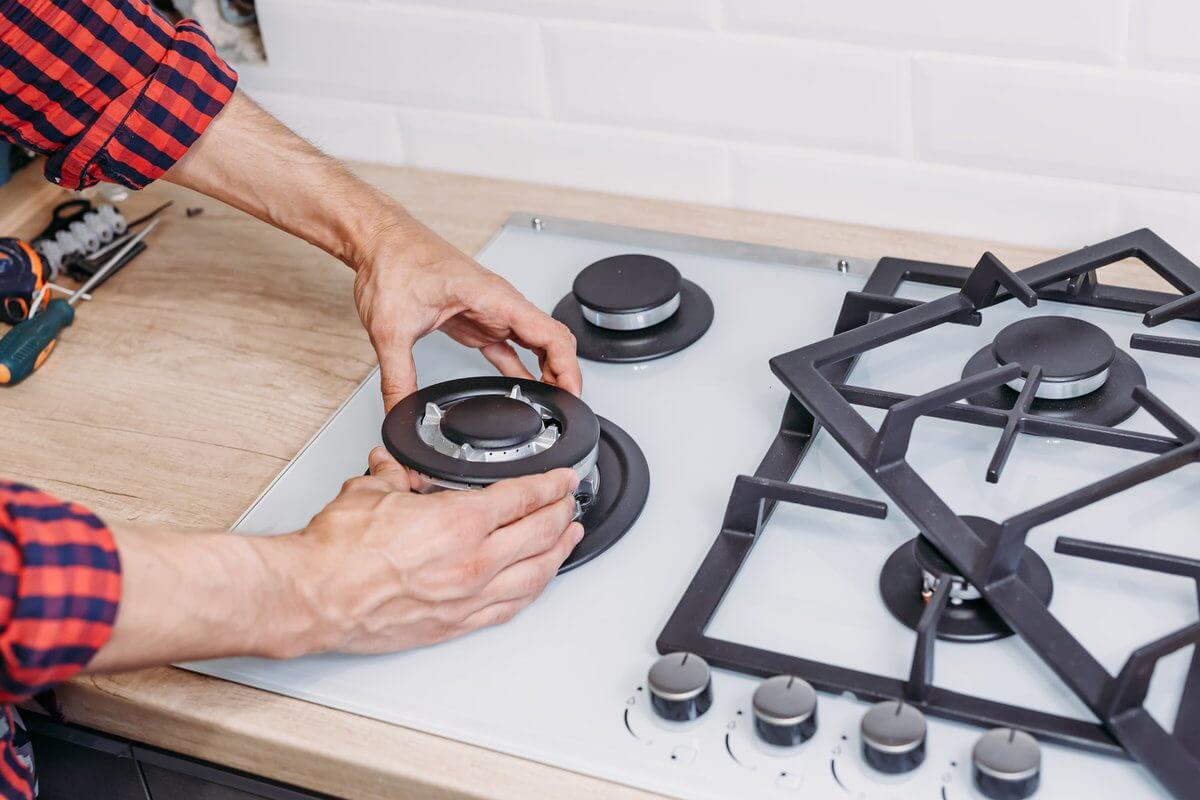
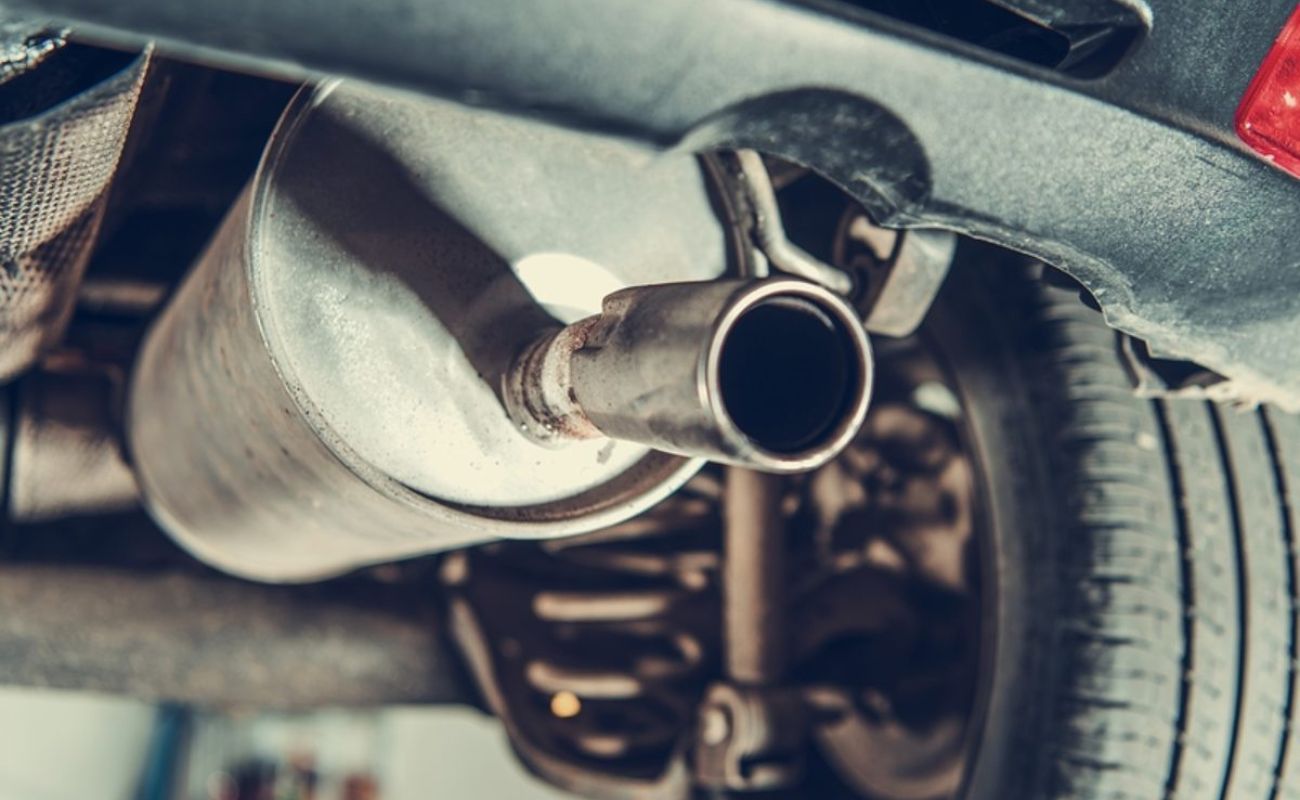
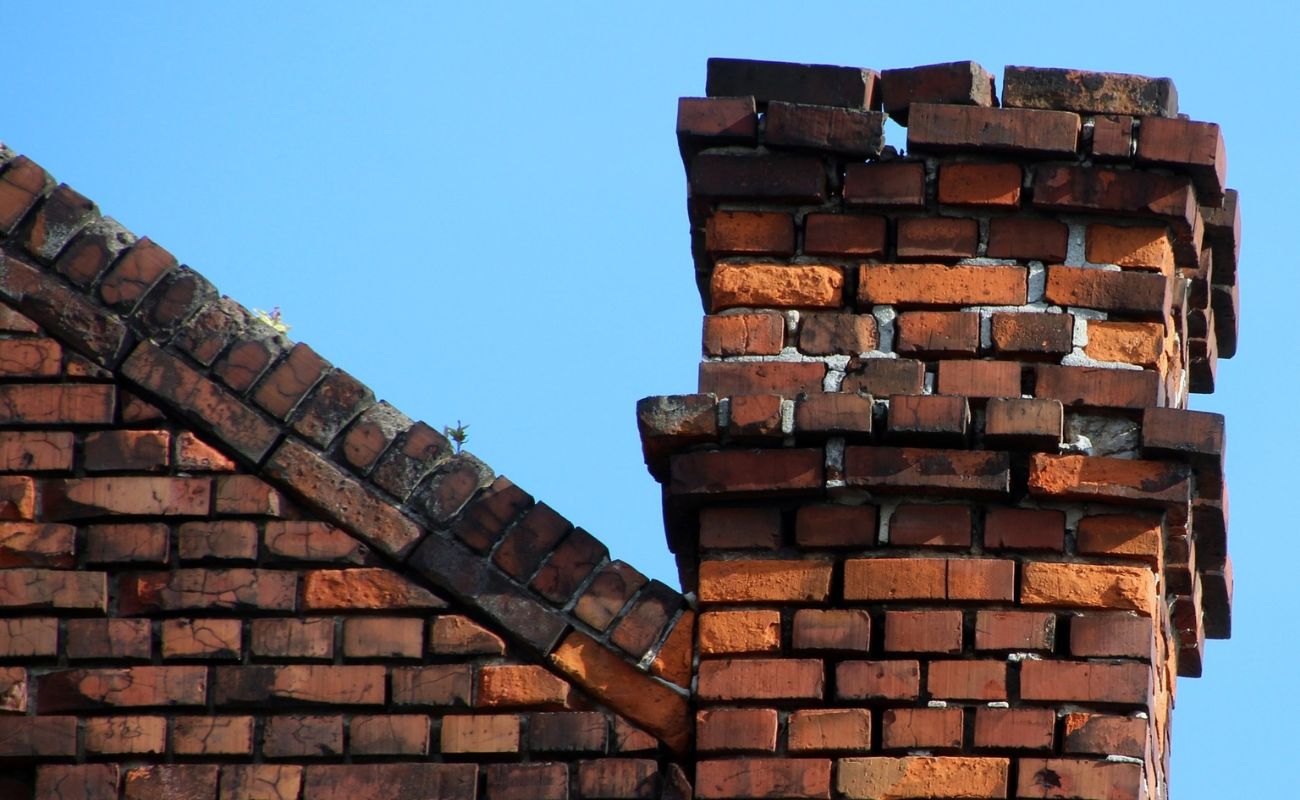
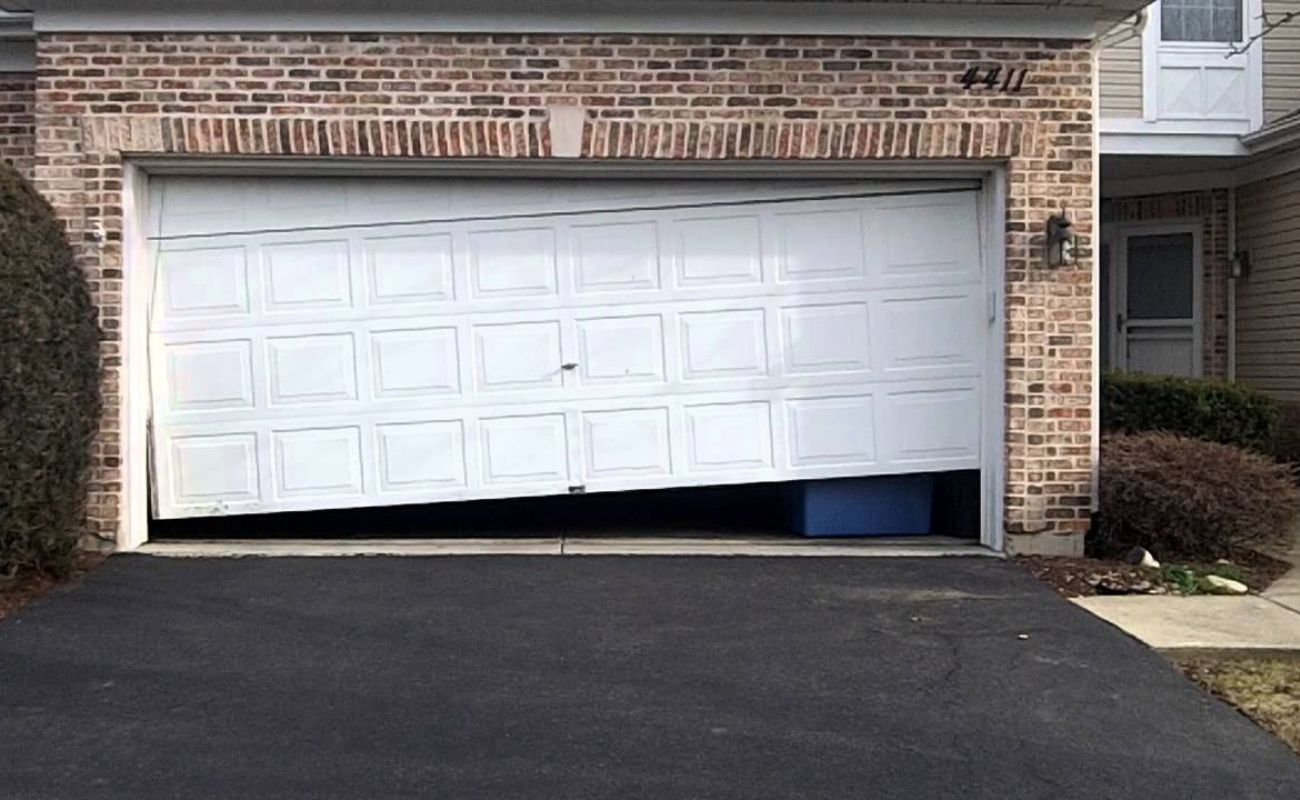
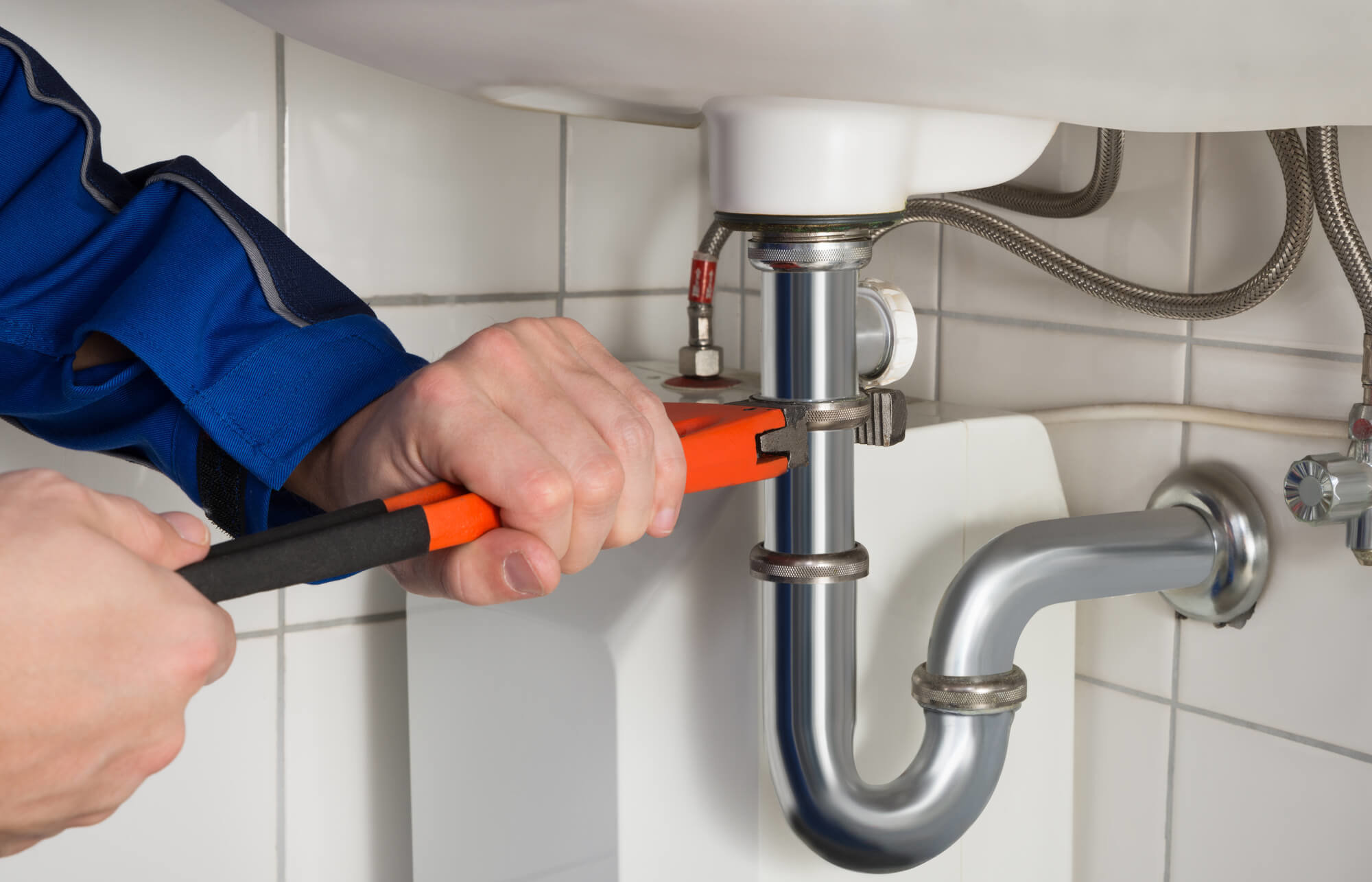
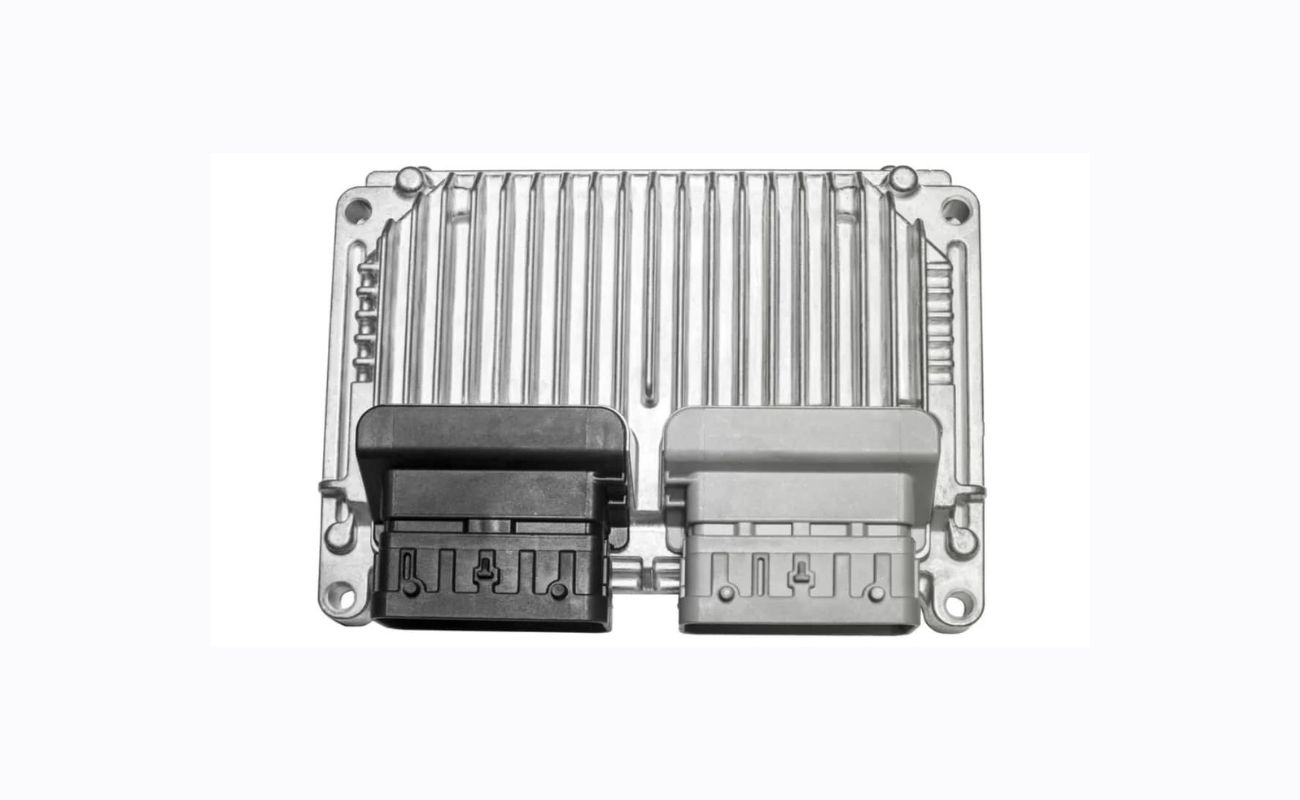

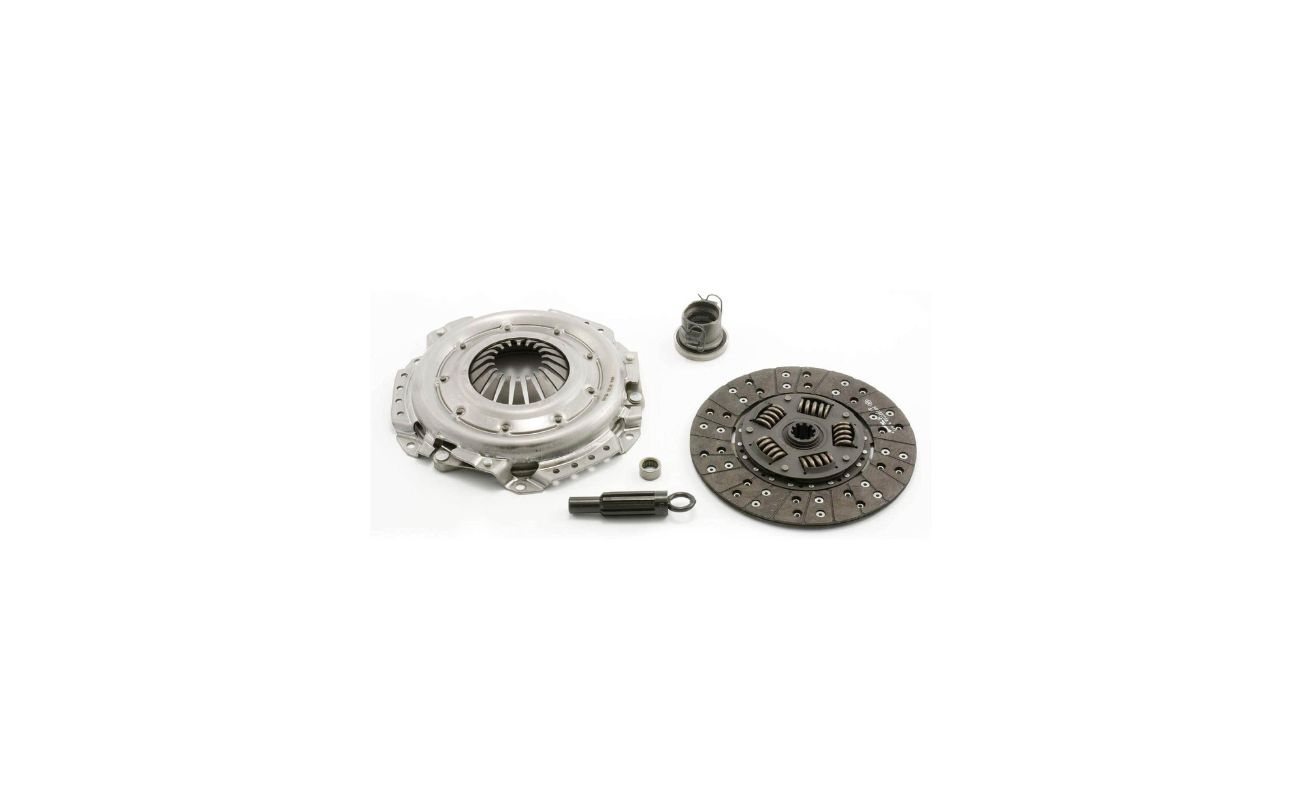
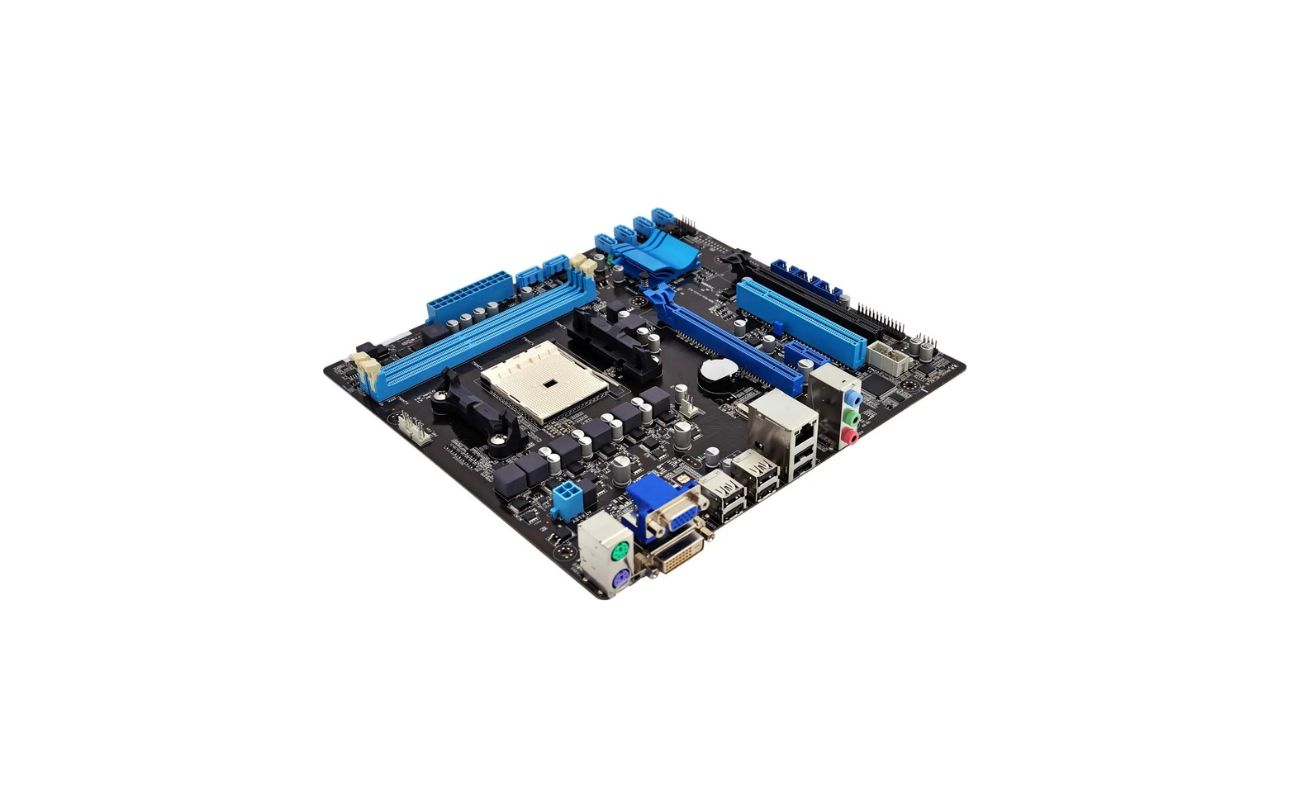
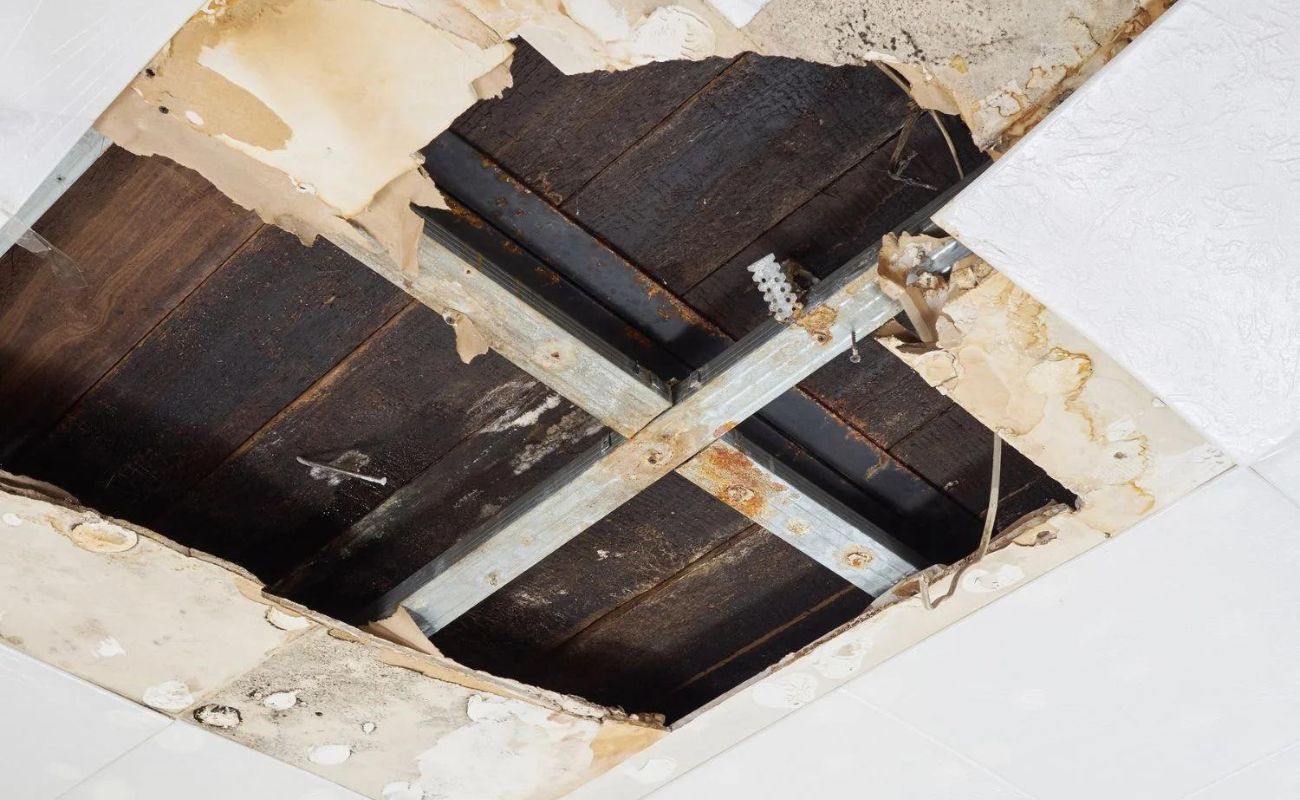
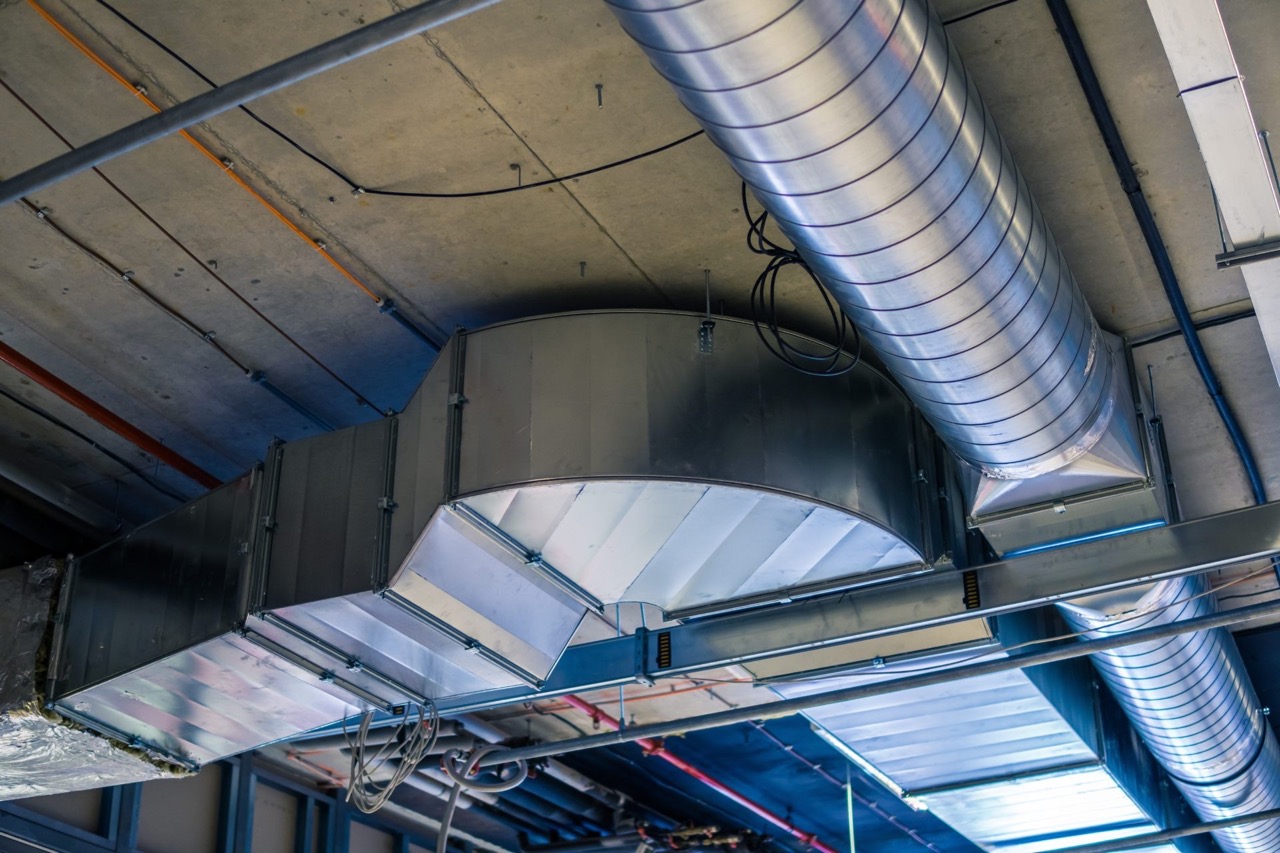
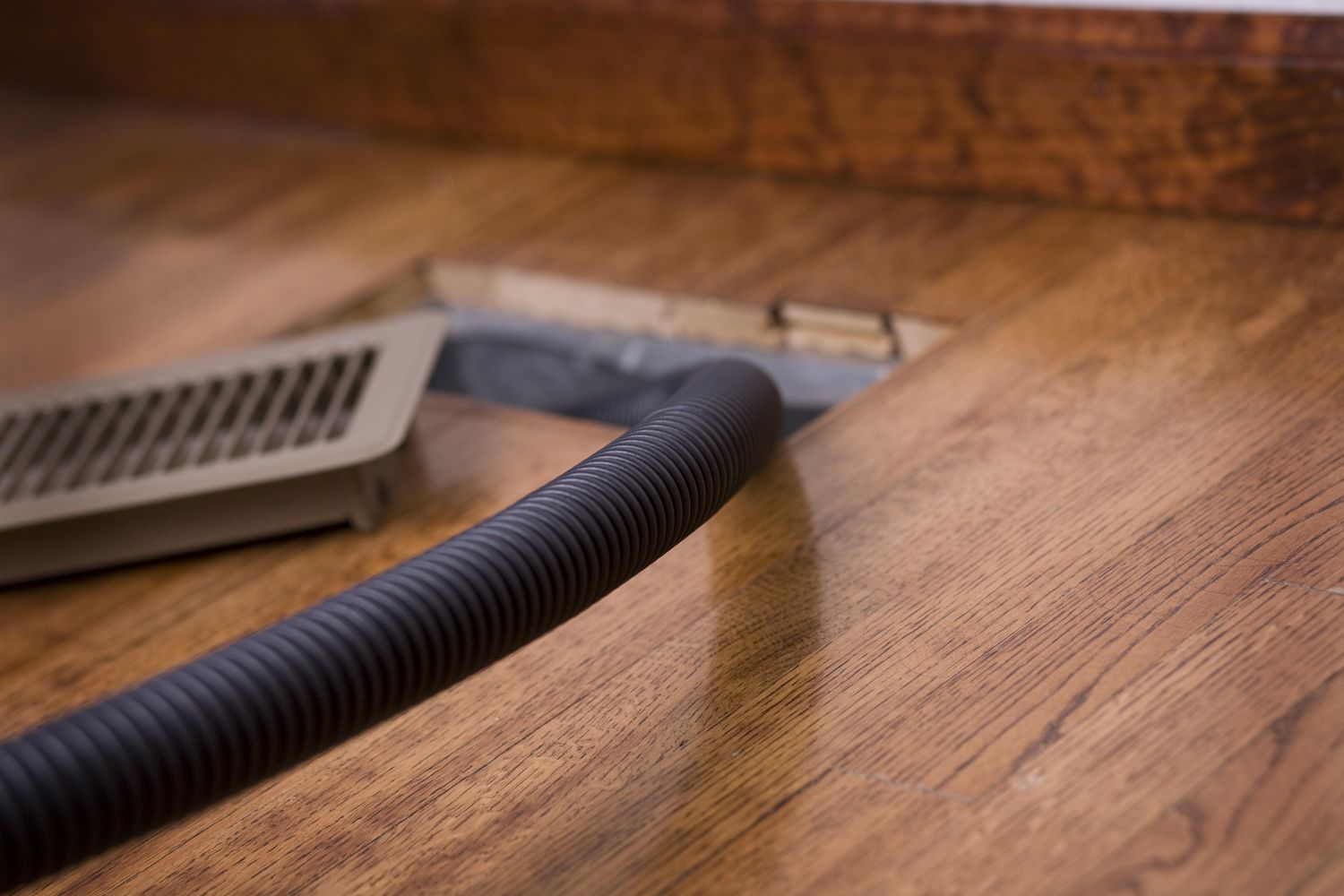
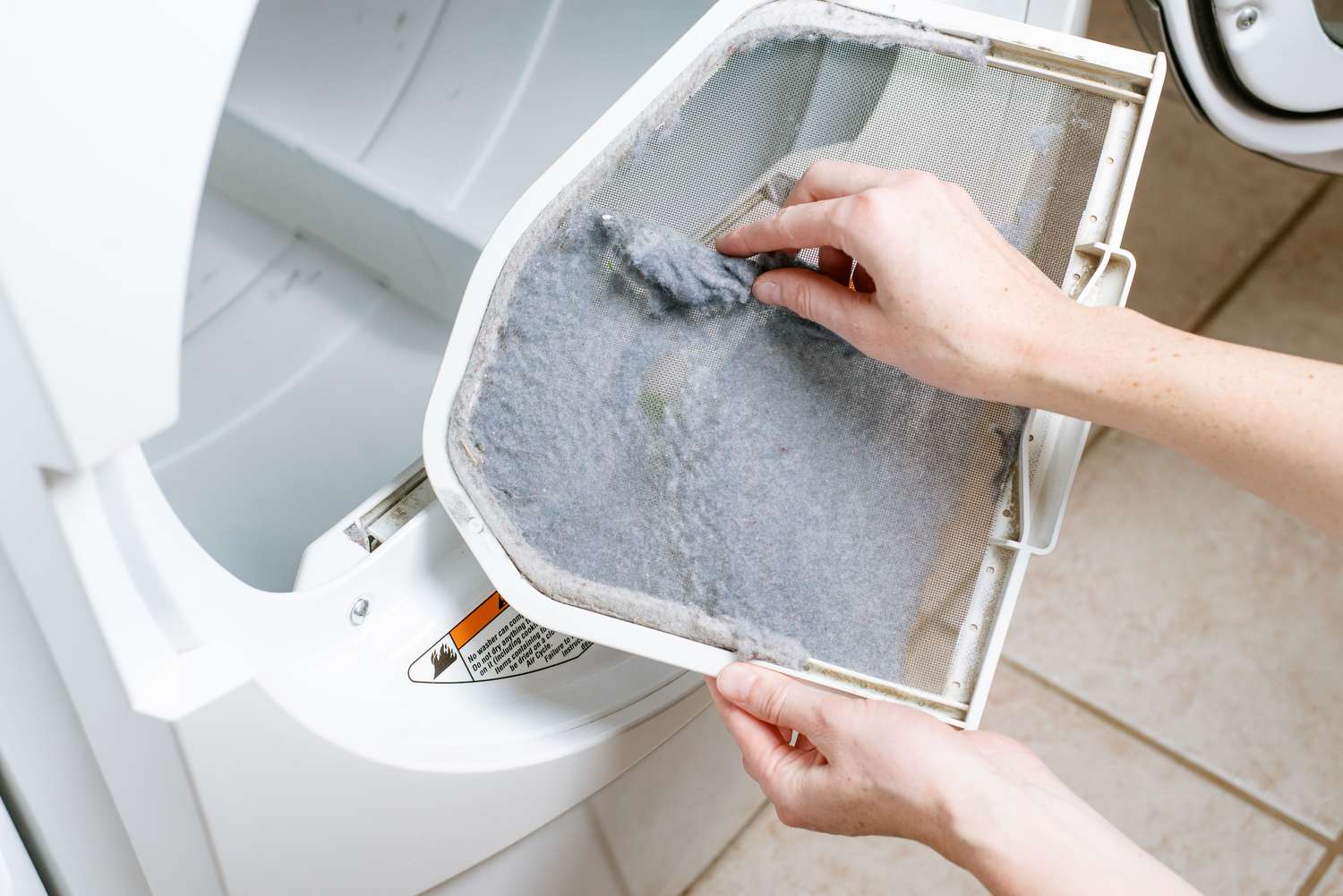


0 thoughts on “How Much Does An HVAC Inspection Cost”